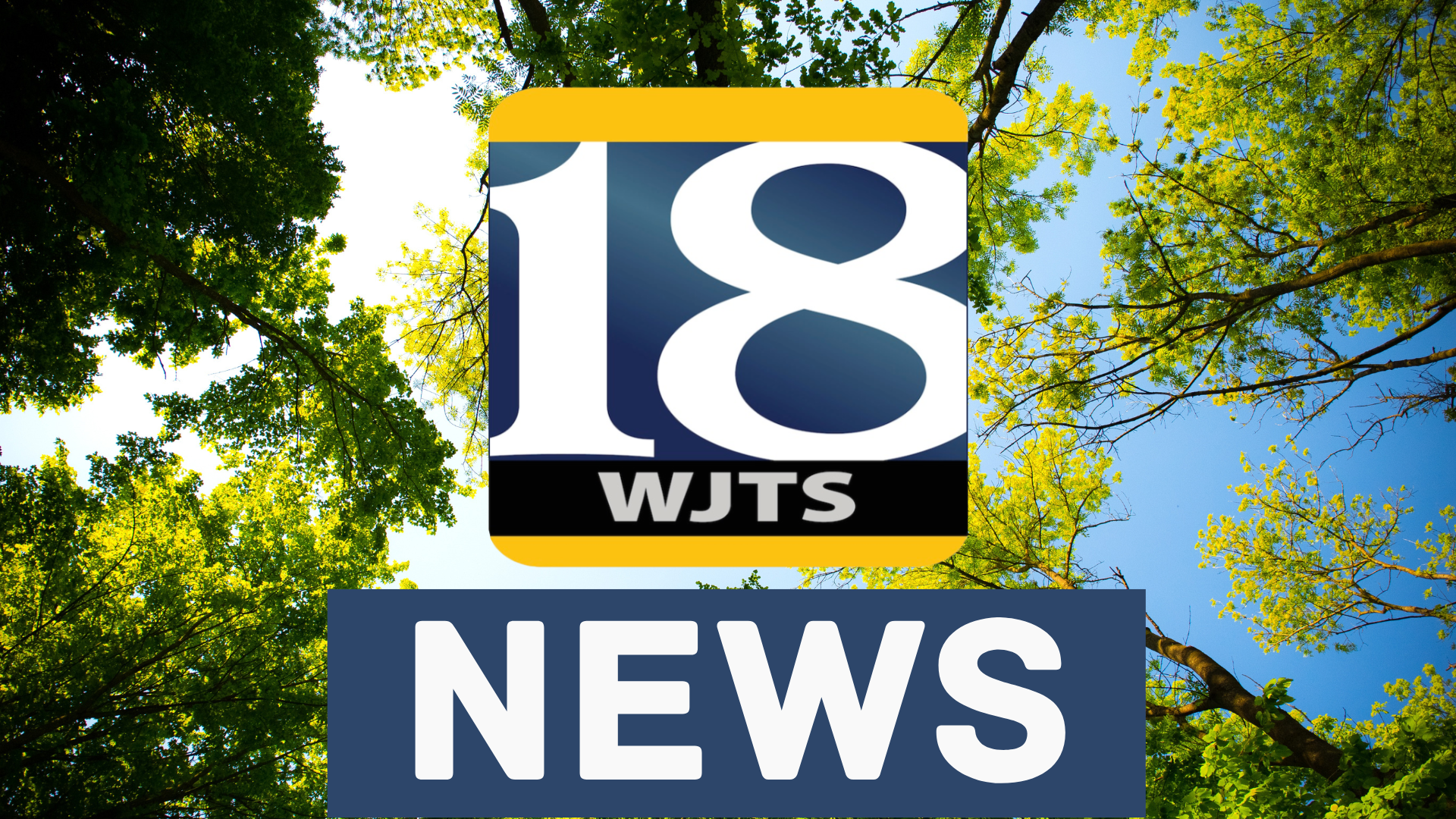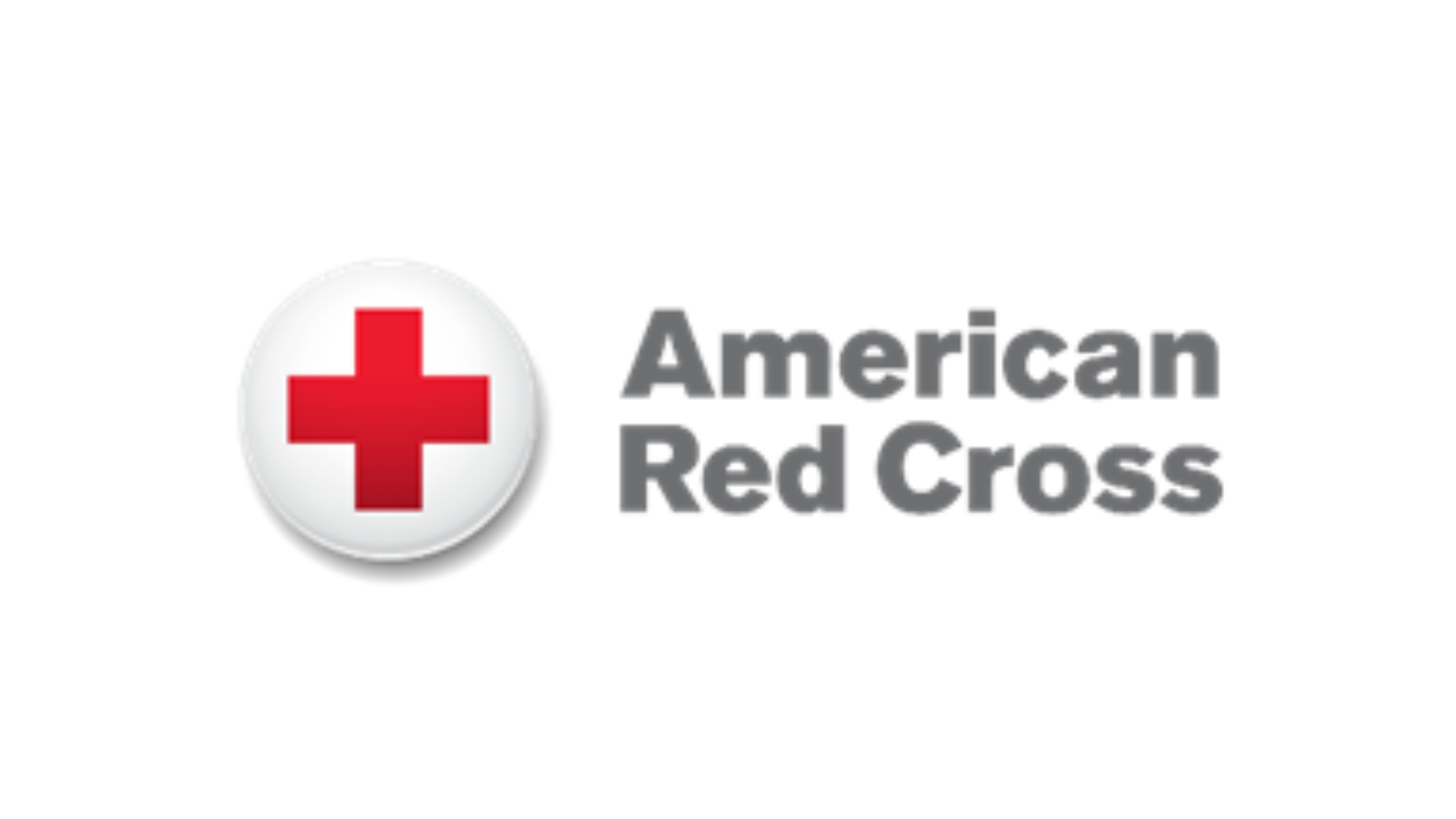As October ushers in cooler temperatures across Southern Indiana, homeowners are reminded of the importance of preparing their heating systems for the winter months. With the potential for cold weather ahead, ensuring that heating sources—whether gas, electric, propane, or wood-burning—are in optimal condition is crucial for both comfort and safety.
The Importance of Pre-Winter HVAC Checks
Failing to properly prepare heating systems can lead to several significant issues. According to the U.S. Fire Administration, heating equipment is one of the leading causes of home fires, accounting for approximately 49,300 fires each year. Furthermore, the National Fire Protection Association (NFPA) reports that heating equipment is involved in 15% of all reported home fires, leading to hundreds of deaths and thousands of injuries annually.
For homeowners in Southern Indiana, the risks of not performing maintenance checks are particularly concerning. The region experiences a range of winter temperatures, often dropping below freezing, which can strain heating systems that haven’t been adequately prepared. Inefficient heating systems can also lead to higher energy bills. The U.S. Department of Energy estimates that homeowners can save up to 30% on their heating costs by upgrading to energy-efficient systems and ensuring that their current systems are well-maintained.
Specific Risks of Neglecting HVAC Maintenance
- Carbon Monoxide Poisoning: Gas and propane heating systems that are not properly maintained can develop leaks, which may lead to dangerous carbon monoxide buildup in homes. The Centers for Disease Control and Prevention (CDC) reports that carbon monoxide poisoning leads to approximately 50,000 emergency room visits and 400 deaths each year in the U.S.
- Increased Fire Hazards: Wood-burning stoves and fireplaces that are not cleaned and inspected regularly can accumulate creosote, a flammable substance that builds up in chimneys and poses a serious fire risk. The Chimney Safety Institute of America advises having chimneys inspected at least once a year.
- Inefficient Heating: Homeowners may not realize that neglecting maintenance checks can lead to a significant decrease in the efficiency of their heating systems. A dirty filter or malfunctioning component can reduce system efficiency by up to 15%, leading to increased energy consumption and higher bills.
- System Failures: Without regular maintenance, heating systems are more susceptible to breakdowns during the coldest months. A mid-winter failure can leave families in Southern Indiana without heat during freezing temperatures, potentially leading to frozen pipes and costly repairs.
Preparing for Winter
Homeowners in Southern Indiana are encouraged to take the following steps to prepare their HVAC systems for winter:
- Schedule a Professional Inspection: Contact a certified HVAC technician for a thorough inspection and maintenance of heating systems. This should include checking for gas leaks, cleaning or replacing filters, and inspecting vents and chimneys.
- Test Carbon Monoxide Detectors: Ensure that carbon monoxide detectors are installed and functioning properly. It is recommended to have at least one detector on every level of the home and outside sleeping areas.
- Consider Upgrading: Homeowners should evaluate the energy efficiency of their heating systems. Upgrading to a high-efficiency furnace or heat pump can lead to significant long-term savings.
- Clean Wood-Burning Appliances: For those using wood-burning stoves or fireplaces, a thorough cleaning and inspection are essential to ensure safe and efficient operation.
As Southern Indiana transitions into winter, homeowners must prioritize the maintenance of their heating systems. By taking proactive measures now, they can avoid potentially dangerous and costly consequences later.
For more information on preparing HVAC systems for winter, visit the U.S. Department of Energy website and the National Fire Protection Association.





You must be logged in to post a comment.